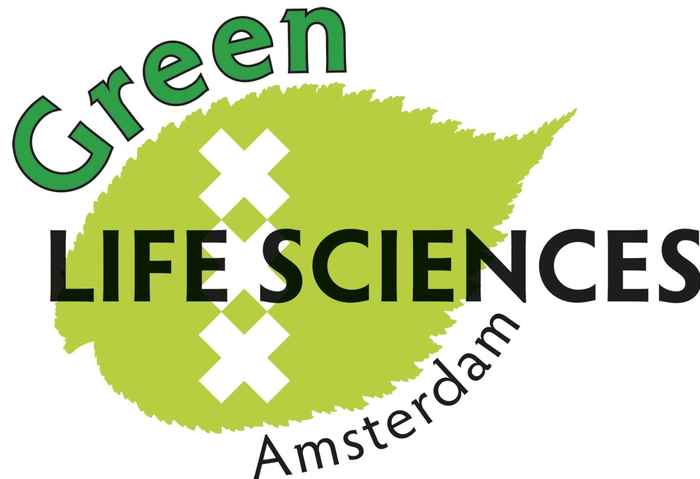Green Life Sciences seminar
- Date
- 8 February 2024
- Time
- 15:00 -16:00
- Location
- Science Park 904
- Room
- G2.10
- Organised by
- Sebastian Pfeilmeier

title: Enhancing plant drought tolerance by unleashing intrinsic regulatory networks and the beneficiary action of microbes

speaker: Salma Balazadeh
Institute of Biology Leiden (IBL), Leiden University, The Netherlands
Drought is one of the most detrimental environmental factors that adversely affect crop production, thus
jeopardizing food supplies for a growing world population. Plants have an inherent capability to cope with
drought stress through complex molecular genetics, physiological and biochemical mechanisms. The stress
response is often associated with reduced growth and productivity due to existing trade-offs. Over the past
years, it has become evident that microorganisms associated with plants, more specifically plant growthpromoting
bacteria (PGBP), have the potential to break the growth-stress tolerance trade-off. However,
the specific genetic and molecular mechanisms underpinning bacteria-induced drought tolerance in plants
are currently largely unknown.
During my presentation, I will highlight our recent findings on a NAC transcription factor - JUB1 - that
regulates the trade-off between growth and drought stress in various species. I will then introduce a root
endophytic flavobacterium that confers significant drought tolerance to Arabidopsis thaliana and wheat
(Triticum aestivum) without compromising growth and yield. The underlying molecular mechanisms will be
discussed.
-followed by a meet up with the speaker for GLS master- and PhD students, and postdocs of the plant groups.